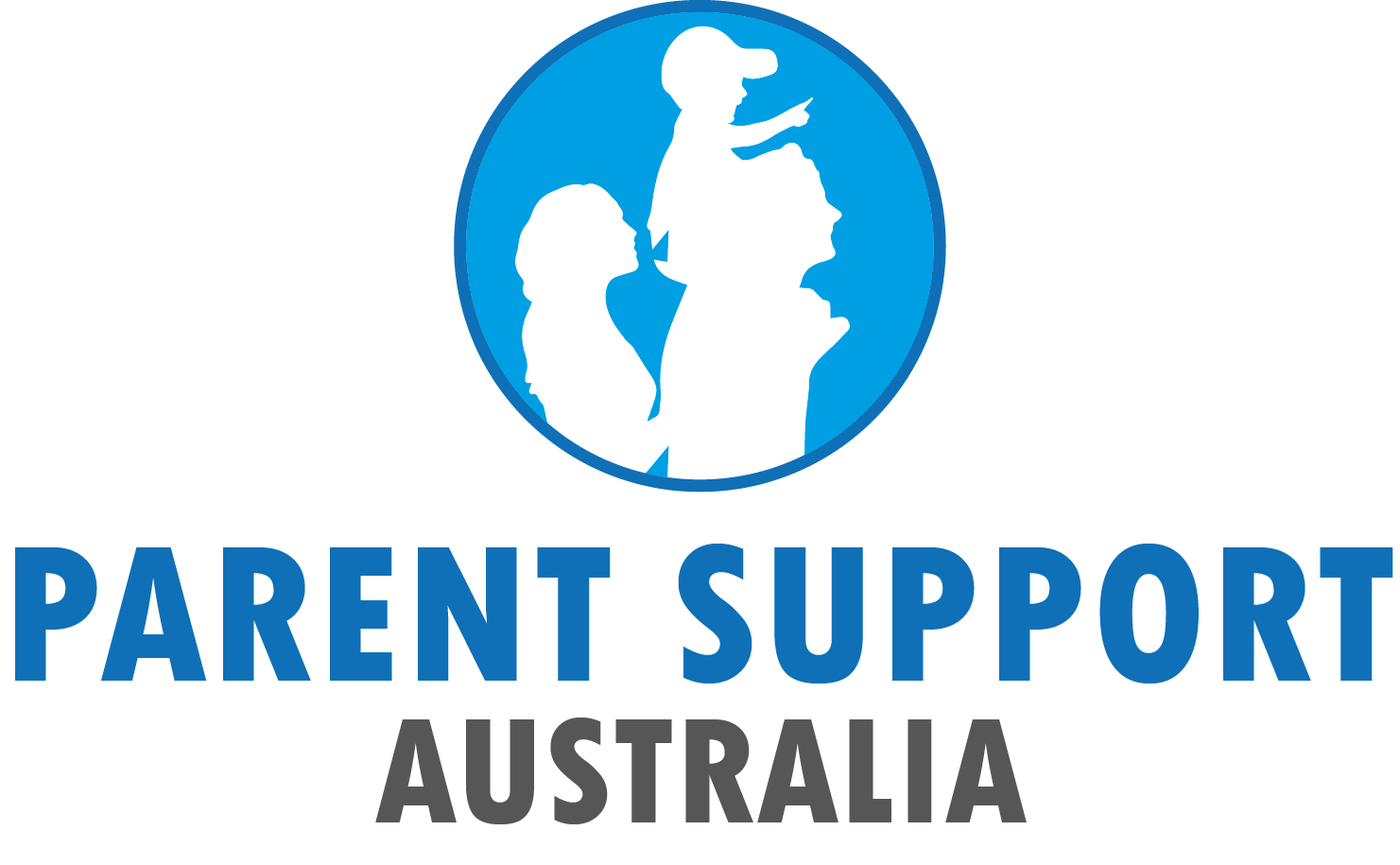Hey there, parents, caregivers, and fellow advocates of little ones’ growth! Today, we’re delving into a topic that’s not just fun but incredibly vital: early childhood development. Buckle up as we explore why play is the magic key to unlocking a world of cognitive growth, enhanced motor skills, and boundless creativity in those precious early years.
The Power of Play in Early Childhood

Picture this: kids laughing, playing, and exploring their surroundings. What might seem like simple fun is the cornerstone of their development. In this article, we’ll uncover the extraordinary impact of play on early childhood development, a journey where every game, every toy, becomes a tool for learning.
1. Playful Minds, Bright Futures: The Cognitive Connection
Let’s start by unravelling the cognitive wonders that play introduces into a child’s mind. From stacking blocks to engaging in imaginative play, we’ll explore how these activities stimulate problem-solving skills, enhance memory, and lay the foundation for a curious and agile intellect. It’s not just play; it’s the shaping of future thinkers.
2. Little Movers: How Play Boosts Motor Skills Milestones
Next up, the magic touch play affects motor skills. Play is the driving force behind physical development, whether it’s crawling, jumping, or scribbling with crayons. We’ll journey through the milestones, understanding how each play activity contributes to refining fine and gross motor skills. Spoiler alert: the playground is more than just a fun zone; it’s a motor skills training ground.
3. The Theater of Creativity: Where Play and Imagination Collide
Imagine a world where every toy is a prop and every corner is a stage. We’re entering the theatre of creativity, where play and imagination collide to create little maestros of self-expression. Join us as we explore how age-appropriate play nurtures artistic skills, fosters storytelling abilities, and sparks the flame of lifelong creativity.
4. Playdate with Social Skills: The Playground for Interaction and Cooperation
Play isn’t just a solo adventure; it’s a vibrant social scene. We’ll uncover the importance of playdates, group activities, and shared toys in developing essential social skills. From sharing to conflict resolution, the playground becomes a training ground for future friendships, cooperation, and empathy.
5. The ABCs of Emotional Intelligence: Playful Learning for Emotional Growth

What if I told you that play could teach emotional intelligence? We’ll explore the emotional ABCs of play, understanding how it helps kids recognize and express feelings, navigate relationships, and build resilience. Play is not just about toys; it’s about moulding emotionally intelligent individuals ready to face life’s challenges.
Conclusion:
As we wrap up our journey into the magical realm of play and early childhood development, one thing is crystal clear – playtime is the real superpower. It’s not just about having fun; it’s about unlocking cognitive, motor, social, and emotional milestones that pave the way for a bright and fulfilling future.
So, parents and caregivers, the next time you witness your little ones immersed in play, know that you’re not just witnessing joy; you’re witnessing a powerful force shaping the foundation of their growth. Here’s to the magic of play, the key to unlocking those early childhood development milestones!

Add a Comment